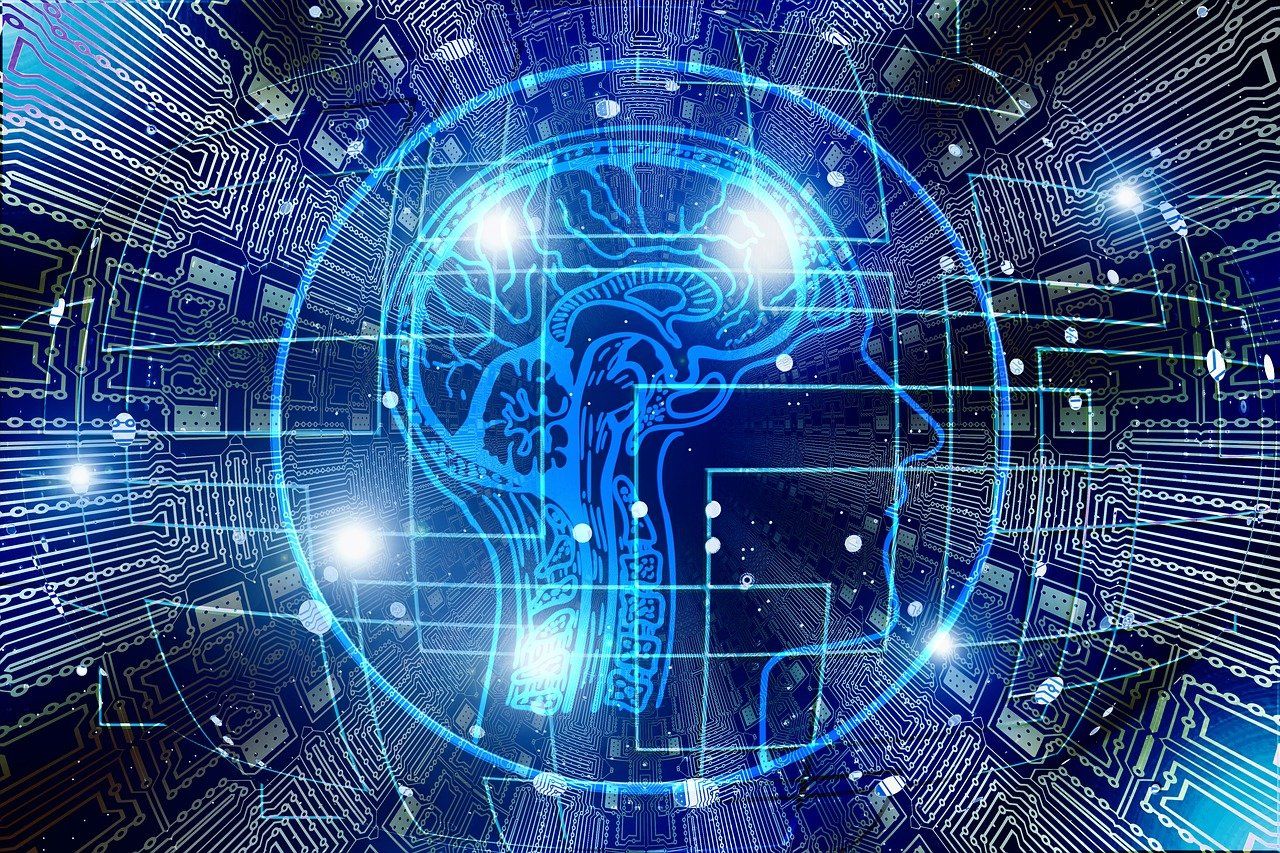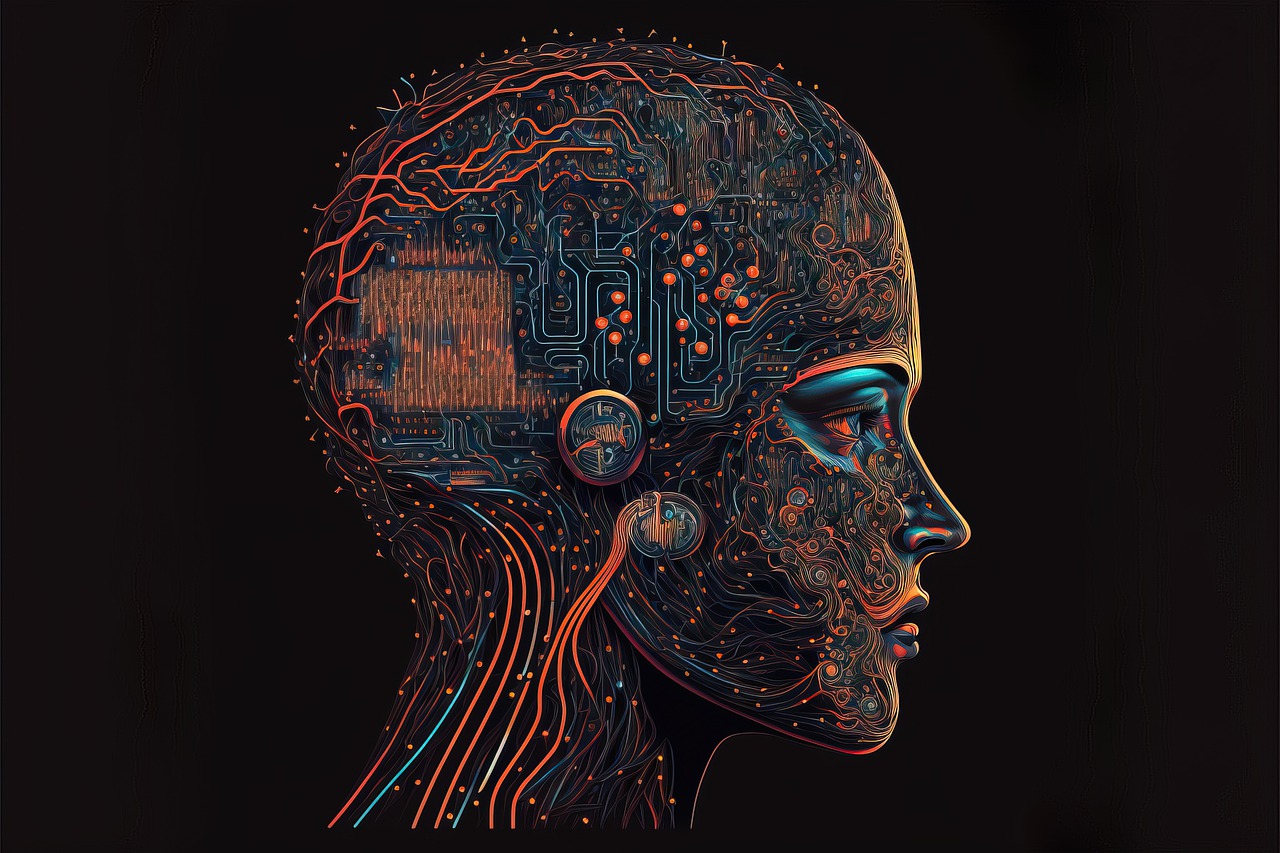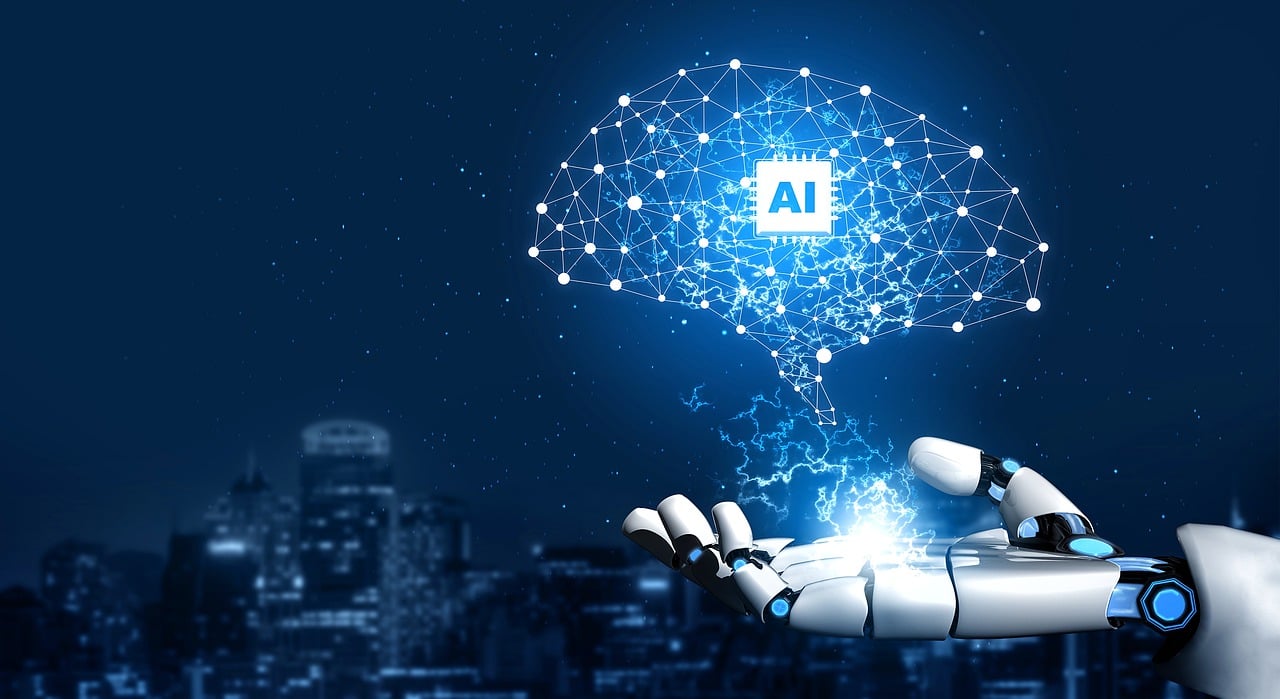Sustainable Agriculture and AI Integration
Sustainable agriculture has become a focal point for entrepreneurs seeking to address the growing demand for eco-friendly and efficient food production. AI technologies are playing a pivotal role in optimizing farming practices, enhancing crop yields, and minimizing environmental impact. Smart farming solutions, driven by AI algorithms and sensor technologies, enable precise monitoring of crops, water usage, and soil conditions. This not only ensures sustainable resource management but also empowers farmers to make data-driven decisions for improved productivity. Entrepreneurs exploring this market can tap into the burgeoning demand for sustainable food production, offering innovative AI-driven solutions that benefit both the environment and the agricultural sector.
Green Energy and AI Innovations
The energy sector is experiencing a green revolution, fueled by the integration of AI technologies. Entrepreneurs are finding unprecedented opportunities in renewable energy solutions, with AI enhancing the efficiency and reliability of power generation and distribution. AI algorithms optimize energy consumption, predict equipment failures, and streamline grid operations, contributing to a more sustainable and resilient energy infrastructure. The renewable energy market is expected to surpass $1.5 trillion by 2025, making it a promising arena for entrepreneurs hungry for impactful ventures. Whether through AI-driven advancements in solar energy, wind power, or grid management, entrepreneurs can carve out niches in this evolving market and contribute to a greener, more sustainable future.
Circular Economy and AI-driven Innovation
The concept of a circular economy, focused on minimizing waste and maximizing resource efficiency, has gained momentum globally. AI is playing a transformative role in enabling businesses to adopt circular practices by optimizing material flows, reducing waste, and enhancing product lifecycle management. Entrepreneurs keen on sustainable business models can explore opportunities in developing AI-driven solutions that facilitate recycling, remanufacturing, and waste reduction. The circular economy market is anticipated to reach $4.5 trillion by 2030, providing a vast and untapped landscape for entrepreneurs to explore innovative approaches and technologies that align with the principles of sustainability.
Smart Cities and Sustainable Urban Development
The rapid global urbanization trend has given rise to the need for smart, sustainable cities, and entrepreneurs are capitalizing on this paradigm shift. AI is instrumental in optimizing urban planning, transportation systems, and energy consumption to create more livable and eco-friendly urban spaces. Entrepreneurs can delve into the development of AI-powered solutions for smart traffic management, waste management, and energy-efficient buildings. With the global smart cities market projected to reach $3.77 trillion by 2026, innovative entrepreneurs have an expansive canvas to paint their visions of sustainable urban living.
HealthTech and Sustainable Healthcare Solutions
The healthcare sector is undergoing a transformation fueled by AI-driven innovations that not only enhance patient care but also contribute to sustainability. Entrepreneurs can explore opportunities in developing AI applications for personalized medicine, predictive analytics for disease prevention, and efficient healthcare resource management. By optimizing processes and reducing waste, these technologies contribute to a more sustainable healthcare system. With the global AI in healthcare market expected to exceed $34 billion by 2025, entrepreneurs can pioneer solutions that not only benefit patients but also promote a more environmentally conscious and resource-efficient healthcare ecosystem.
Ethical Fashion and AI in Sustainable Apparel
In the realm of fashion, ethical and sustainable practices are gaining traction, driven by consumer demand for eco-friendly and socially responsible products. AI is making significant strides in revolutionizing the fashion industry by optimizing supply chains, reducing waste, and enabling more sustainable production processes. Entrepreneurs can explore opportunities in developing AI-powered solutions for sustainable sourcing, waste reduction, and eco-friendly manufacturing practices. With the global sustainable fashion market predicted to reach $9.81 billion by 2025, entrepreneurs can carve out a niche by blending technology and sustainability to redefine the future of fashion.
Sustainable Finance and AI-powered Investment Strategies
The financial sector is experiencing a paradigm shift with the integration of sustainability and AI into investment strategies. Entrepreneurs can explore opportunities in developing AI algorithms that analyze environmental, social, and governance (ESG) factors for more informed investment decisions. Sustainable finance, often referred to as socially responsible investing, is gaining momentum, with assets under management in sustainable funds surpassing $1 trillion globally. Entrepreneurs can play a pivotal role in reshaping the financial landscape by offering AI-powered tools that align investment portfolios with environmental and social values, creating a more sustainable and responsible approach to wealth management.
Eco-Tourism and AI-enhanced Travel Experiences
As the travel and tourism industry rebounds from global challenges, entrepreneurs can seize opportunities in the burgeoning market of eco-tourism. AI is contributing to sustainable tourism by optimizing travel routes, reducing carbon footprints, and enhancing overall visitor experiences. Entrepreneurs can develop AI-driven applications that provide eco-friendly travel suggestions, minimize environmental impact, and support local communities. With the eco-tourism market expected to grow at a compound annual growth rate (CAGR) of 20% by 2025, entrepreneurs can tap into this sector to not only satisfy the wanderlust of travelers but also contribute to the preservation of natural habitats and cultural heritage.
Education Technology and Sustainable Learning Solutions
In the realm of education, the integration of AI is fostering sustainable learning solutions that adapt to individual needs and reduce the environmental impact of traditional education systems. Entrepreneurs can explore opportunities in developing AI-powered e-learning platforms, personalized learning experiences, and sustainable educational resources. As the global education technology market is projected to exceed $404 billion by 2025, entrepreneurs can innovate in ways that not only enhance the quality of education but also contribute to a more sustainable future by reducing the reliance on physical resources and minimizing the ecological footprint of traditional learning models.
The fusion of sustainability and artificial intelligence has given rise to a diverse array of markets, presenting a sumptuous feast for hungry entrepreneurs in 2024. As they navigate these opportunities, entrepreneurs must not only focus on financial gains but also bear in mind the broader impact their ventures can have on the planet and society. Whether revolutionizing agriculture, healthcare, finance, or education, entrepreneurs have the power to shape a more sustainable future through innovative AI-driven solutions. In this era of transformative change, the entrepreneurs who successfully blend hunger for success with a commitment to sustainability will not only thrive in their ventures but also leave an indelible mark on the world.
Frequently Asked Questions (FAQ)
Q1: What are the key markets mentioned in the article that result from the intersection of sustainability and artificial intelligence?
A1: The key markets explored in the article include sustainable agriculture, green energy, circular economy, smart cities, HealthTech, ethical fashion, sustainable finance, eco-tourism, and education technology.
Q2: How are entrepreneurs leveraging artificial intelligence in these markets for sustainable solutions?
A2: Entrepreneurs are leveraging AI for optimizing processes, reducing waste, enhancing efficiency, and making data-driven decisions across various sectors. For example, in sustainable agriculture, AI is used for precise monitoring of crops, while in eco-tourism, it optimizes travel routes to reduce environmental impact.
Q3: Why is the integration of sustainability and artificial intelligence significant for entrepreneurs in 2024?
A3: The integration of sustainability and AI presents a transformative opportunity for entrepreneurs as it aligns with the growing global demand for eco-friendly and socially responsible solutions. This convergence not only addresses environmental concerns but also provides a competitive edge in emerging markets.
Q4: How can entrepreneurs balance financial success with a commitment to sustainability in their ventures?
A4: Entrepreneurs can balance financial success with sustainability by developing innovative AI-driven solutions that prioritize environmental and social values. This involves creating products or services that not only meet market demands but also contribute positively to the broader goal of building a more sustainable and resilient future.
Q5: What are the projected market sizes for some of the sectors mentioned in the article?
A5: The projected market sizes include the global sustainability market reaching $28 trillion by 2025, the AI market exceeding $190 billion by 2024, the smart cities market projected to reach $3.77 trillion by 2026, and the global education technology market expected to exceed $404 billion by 2025.




